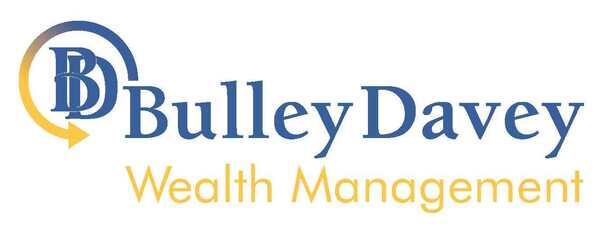It is that time again, coming up to the end of the current UK tax year, which can only mean it’s time to start reviewing your finances in order to take advantage of all the opportunities for tax efficiency available.
From topping up your ISA to making pension contributions to contribute towards your retirement, here are just a few of the things to consider before the tax year ends on 5 April 2021.
Making pension contributions
A pension is a tax-efficient way to save towards your retirement. When you put money into your pension pot, you will typically receive income tax relief.
In most cases, you can contribute a maximum of £40,000 per year, which includes employer contributions, before being subjected to tax.
Something to remember is that you can also bring forward any unused allowance from the previous three years.
However, you will not be able to gain access to your pension funds until you are at least 55 years old, so it’s a long-term approach to saving.
Topping up your ISA
Your annual individual savings account (ISA) allowance cannot be rolled over to next year. In other words, if you don’t take advantage of the scheme before the next tax year starts, you will lose this year’s precious tax-free allowance.
If you have some savings left in your day-to-day current account, it might be an idea to place the remaining into a tax-efficient ISA to get all the tax benefits available.
The 2020/21 ISA allowance currently sits at £20,000, which can be either placed in a single account or spread over several.
Saving for the younger generation
The cut off at the end of the tax year also applies to junior ISAs. With the annual limit currently sitting at £4,368 , if you are saving for your grandchild’s future, this is a way to boost their savings for their future, if not your own.
As with an adult ISA, the savings within that ISA is subjected to 0% income tax and is exempt from capital gains tax.
Capital gains tax allowance (CGT)
Capital gains tax is the tax you are required to pay on the profits made from selling certain assets such as property and stocks..
Everyone has an annual tax-free allowance of £12,300 in the 2020/21 tax year, which cannot be rolled over into the next year. As long as any gain you make doesn’t tip you over that threshold, you won’t have to pay CGT. Otherwise, you will.
You do not need to pay CGT on the profit you make from selling shares and stocks. It will also not count against your personal allowance.
From 6 April 2020, any gains made on the sale of a residential property need to be reported and tax paid within 30 days of the sale. If you made such a gain and didn’t report it, get in touch now to talk about next steps.
Inheritance tax (IHT)
If you are thinking about handing on wealth to your family or friends after you pass away, one thing to remember is that any part of your estate worth over £325,000 will be taxed at 40%. This is known as the nil-rate band.
As mentioned in a previous blog post, if you decide to leave your whole estate to your spouse, no IHT needs to be paid.
Gifts you give during your lifetime might also be liable for IHT, to one degree or another, if you die within seven years of making them.
For personalised advice on tax and wealth planning, get in touch with Bulley Davey Wealth Management on 01775 718850 or email bdwmadmin@bulleydavey.co.uk
